An Overview of Taiwan’s Legislative Yuan : Procedures and Practices
Dr. Su Chi
June 23, 2014
The Brookings Institution


I. Introduction
1. Legislative Yuan (LY), 0.6 acre in size, was an All-Girl High School during the colonial era. Former auditorium and classrooms were converted into Assembly Hall , offices, and committee rooms. A Legislators’ Office Building and Committee Building were added within the compound. Proposals to relocate LY have never been adopted. As such, LY is easily accessible from streets on all sides.
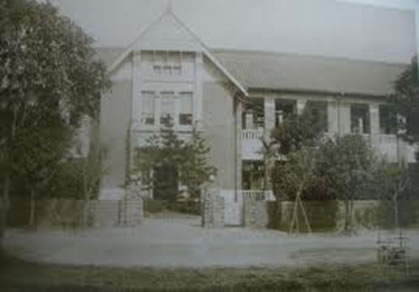
(Front Gate before 1949)
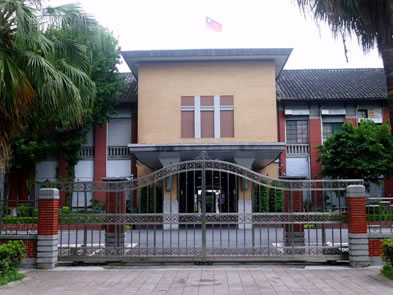
(Now)
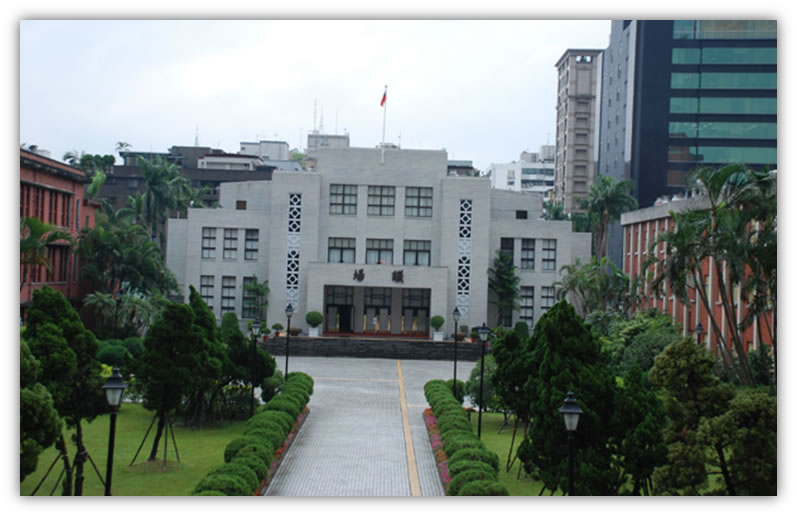
(Assembly Hall)
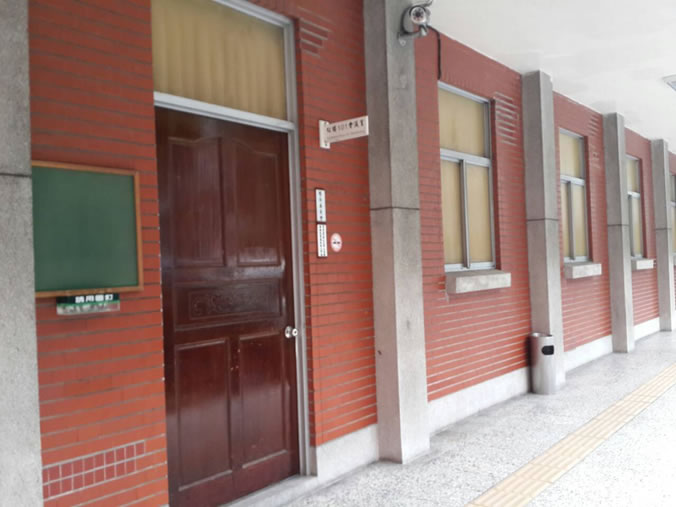
(Door to a Committee Room)
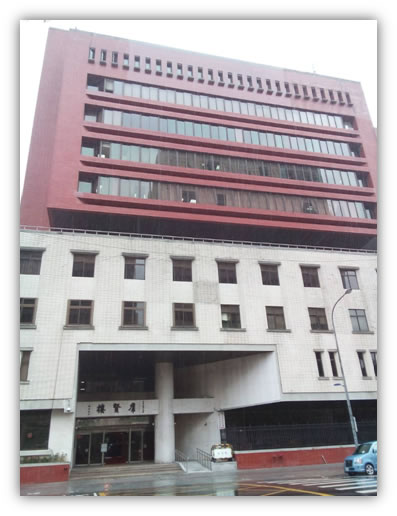
(Committee Building)
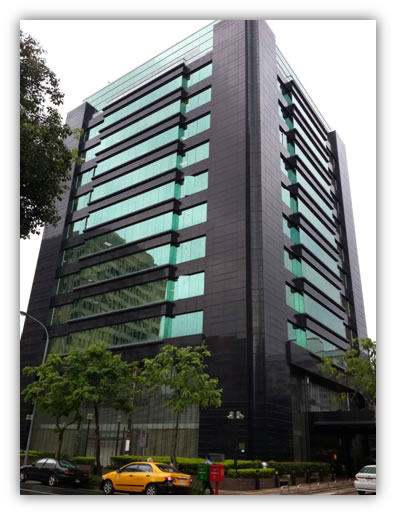
(Legislators’ Office Building)
2. LY meets twice a year. Each session lasts four months (mid-February to mid-June, and mid-September to mid-January).
3. The number of legislators varies over the years: since 2008, 113; before 2008, 225 or less. Each Legislator now employs 8-14 assistants, all paid by the LY.
4.By law, LY’s Budget Center has a staff of 59. Legal Bureau and LY Library also have 59 each.
5. Public Attitude toward LY
Percentage %

source s: 2001-2010 : Larry Diamond “The Maturing of a (Skeptical ) Democratic Culture in Taiwan,” Brookings, May 2012.
2013 : Taiwan Indicator Survey Research (http://www.tisr.com.tw/)
II. The Legislators
1. Distribution of seats among Parties over the years

Source: Central Election Commission.
Note: Parenthesis indicates percentage.
2.Until 2008, Legislators had been elected from “single nontransferable vote under multi-member district system.”
It means candidates had to compete fiercely with the comrades as well as across the party lines. Since 2008, the “Single-District Two-Votes System” allows each district to produce only one Legislator. But competition remains vehement as the Legislators now face greater threat from the local mayors.
The percentage of those who could survive three or more elections is quite small. Now, out of 113 Legislators, only 1 legislator (Speaker Wang Jin-Pyng) is serving his 12th term, 1 (Deputy Speaker Hung Hsiu-Chu) her 8th term, 5 others their 7th term. All the rest serve 6th term or less.
Percentage of Legislators Re-elected for Third or More Terms

source: Central Election Commission (http://web.cec.gov.tw/bin/home.php).
4. Hence, many prefer to spend time at the constituencies , not at the LY. Some even travel daily between the LY and the constituencies, thanks to the High–Speed Rail and free travel expenses. Working the crowd and /or hitting the media is often given higher priority than working hard at legislation.
5. Eight Standing Committees (before 2008, twelve)
• Internal Administration Committee
• Foreign and National Defense Committee
• Economics Committee
• Finance Committee
• Education and Culture Committee
• Transportation Committee
• Judiciary and Organic Laws and Statutes Committee
• Social Welfare and Environmental Hygiene Committee
III. Procedures

IV. Committees
1.Each of 8 standing committees has two chairpersons (until 2008, three chairpersons) — usually one KMT, one DPP member. They alternate in chairmanship every other week.
2. No seniority system. A freshman could serve as chairman. I chaired in 2 out of 6 sessions in 2005-2008. Hence neither party could dominate the agenda.
3.Each committee now averages 14 legislators. One third (i.e. 5 Legislators) would make a quorum. And three Legislators present (including the chairperson) could decide anything.
4. Committees normally meet on Mondays, Wednesdays and Thursdays. All meetings are open to the media. Hence, the tendency to feed the media, not to debate the merits of issues at hand.
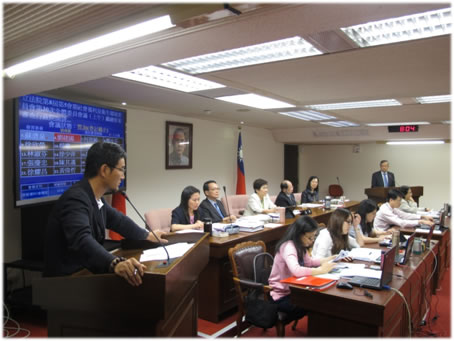
(Questioning a Minister)
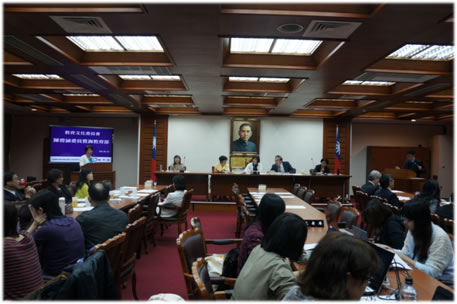
(Questioning a Minister)
5. Each Legislator could serve and vote in only one committee. He (She) could hop around different committees each year (each session, until 2008.) Most do. Hence little accumulation of expertise.
6. Each Legislator could visit other unaffiliated committees, speak on topics under discussion and question the administration officials (usually ministers) present. Hit-and-run legislators often follow the headlines of the day, far outnumber those serving legislators, and tend to grill the ministers on minute details.
7. Each Minister should report to its counterpart committee at least once each session. Committee chairs could also summon one or more Ministers for questioning on any working day. A “popular” Minister could easily spend more than 20 full days in LY Committees each year. Deputy Ministers and below are usually not accepted by LY. To prepare for “odd” questions, Ministers usually bring along a large entourage of high officials to the LY.
V. Caucus Consultations
1.Caucus Consultations came into existence in February 1997, was incorporated into law in January 1999, which was revised in January 2002 and April 2008. Both substantive and procedural issues are discussed and decided there.
2. The number of party caucuses varies each term:

3. Before 2008, 5 legislators could form a caucus. From 2008, threshold was lowered to only 3.
4.Participants include two members of each party (usually the whips) and the rapporteur of the committee where the bill was first considered. The Speaker, Deputy Speaker or the Party who sponsor the bill in question chairs the consultations. Those bills chaired by the Speaker have 95% chances to be passed, according to one study.
5.Signature of each participant is required for any bill to be passed. Each party and participant could thus veto any bill. Parties are made equal in power regardless of their number of seats. For instance, in 2008-12, KMT(81seats), DPP(27) and Non-party(4) were equal inside the CC room. And in 2012-now, KMT(64), DPP(40) and TSU(3) are also equal. A serious distortion of democratic values indeed.
6.Once passed in the Caucus Consultations, a bill would go straight into the second and third reading skipping the Committees altogether and become a law unless challenged by 8 or more Legislators. Voting is then required to override the CC decision. However, no such case is known so far. The CC could also change parts or all of the Committee version arbitrarily.
7. Unlike Committees, Caucus Consultations could take place any day during the session, as long as the chair calls for it.
8. Rules against “conflict of interest” do not apply here.
9.Until 2008 reform, Caucus Consultations were totally intransparent. Only the final result and signatures showed up in print. No explanations were ever given on those bills (statistically over half) which turned out differently from their Committee versions. Reform of 2008 requires video-taping or tape-recording of the consultations as well as explanations of the before/after differences. Unfortunately the new regulations remain largely on paper, according to interviews. No doubt, Caucus Consultations are the darkest corner in Taiwan’s democracy.
10. Thanks to Caucus Consultations, Legislators are spared the troubles to study and debate most of the bills. Most bills are passed during the Caucus Consultations without the Legislators even knowing about them. When I was a Legislator in 2005-2008, I cast my vote in the Assembly Hall only 1 day each session – on its final day. That day, 10-30 bills would be passed . Almost without exception that final day would last through mid-nights. This past spring term, 30+ bills were passed on May 20, another 30+ on May 30. Caucus Consultations thus allows the Legislators literally maximal time to engage in non-legislative duties. It appears there is little incentive among the Legislators to reform this practice.
VI. Number of Bills Passed in LY1

Source: Parliamentary Library, Legislative Yuan (http://npl.ly.gov.tw/do/www/lawStatistics#)
Note: 1 These bills do not include resolutions on budgets, treaties, nominations, etc.
2 Beginning 2008, each term is extended from 3 to 4 years.
3 Only 5 sessions have expired this term.
VII. General Interpellation and others
1. A unique feature of LY, and long in existence, requires the Premier, along with ALL 30+ Ministers, to appear in LY’s Assembly Hall two full fays a week (Tuesdays and Fridays) and answer questions from each of 113 Legislators. He (She) could pick any one or more Ministers to stand beside the Premier. The rest just sit idling. Depending on the number of Legislators (113 or 225) and time
mandated (30 or 40 minutes),this practice easily cost the Premier and all Ministers 20 to 40 working days a year.
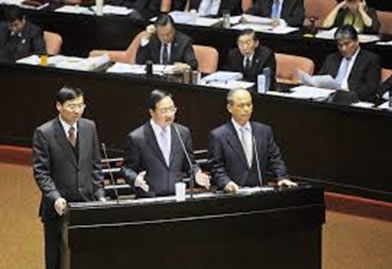
(Premier Standing All Day Answering Questions)
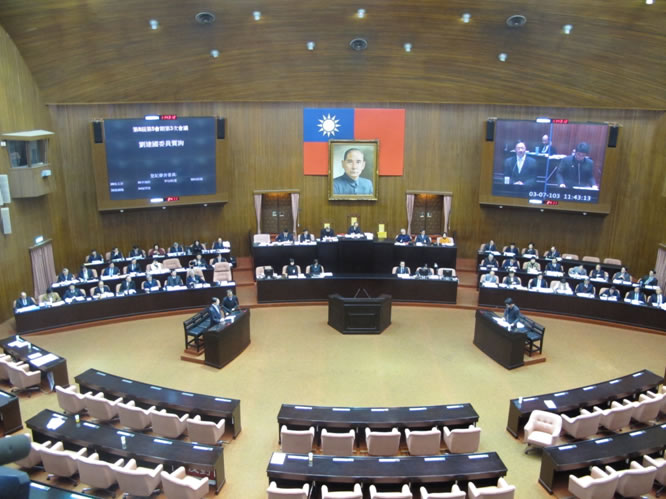
(One Legislator vs. Entire Cabinet)
2. Another unique features of LY, in existence since 2000, is called Forum of National Affairs. Every Friday, 9-10:00 a.m., Legislators line up to give 3-minute speeches on any national affairs. Topics are mostly driven by media interest and / or partisan struggles.
3. Ethnic Committee exists in name only. It rarely, if ever, met to pass judgment on a Legislator’s unseemly behavior or conflict of interest.
4. Sergeant at Arms also exists in name. Speaker is authorized by law (LY Organization Law) and bylaw (Sergeant at Arms’ Duty Rules) to call in Sergeant at Arms to maintain order in LY. But despite repeated appeals by the Legislators, no such action has been taken. Legislative process could thus be blocked “physically” by a few Legislators rendering the majority powerless, or even by outside forces, as seen in recent student protests.
VIII. Current Issues
1. Out of 21 cross-strait Agreements signed after 2008, 19 required neither amendment nor new legislation. They went into effect after being submitted to the Executive Yuan for approval and LY “for record,” in accordance with Article 5 of the Governing Statute. Two others (ECFA and IPR) were submitted to LY “for consideration” and passed.
2. Services Agreement and Establishment of Offices would require amendments and are awaiting LY consideration.
3.Supevisary Agreement requires new legislation. Partisan positions are widely apart. For instance, one non-Administration version demands renewed consideration of all 21 Agreements.
4.Free Economic Pilot Zones also requires new legislation and awaiting LY consideration. Again, Parties are at odds.
IX. Conclusion
1. Legislators are busy mostly with non-legislative matters.
2. Standing Committees are mostly perfunctory.
3. Caucus Consultations are undemocratic, intransparent, yet decisive.
4. Majority party is castrated.
5.Speaker and party whips are the real legislators.
6.Speaker Wang is by far the most powerful person, even “the silent real king” as an editorial recently titled him.
7.The feud between President Ma and Speaker Wang is at the root of current stalemate in LY, as it sabotages the relationship between Executive Yuan and Legislative Yuan, paralyzes KMT and its caucus in LY, emboldens the DPP to take a more hardline position, and give outside forces (e.g., the “students”) room to intervene.
THANK YOU!!
An Overview of Taiwan’s Legislative Yuan : Procedures and Practices PDF |